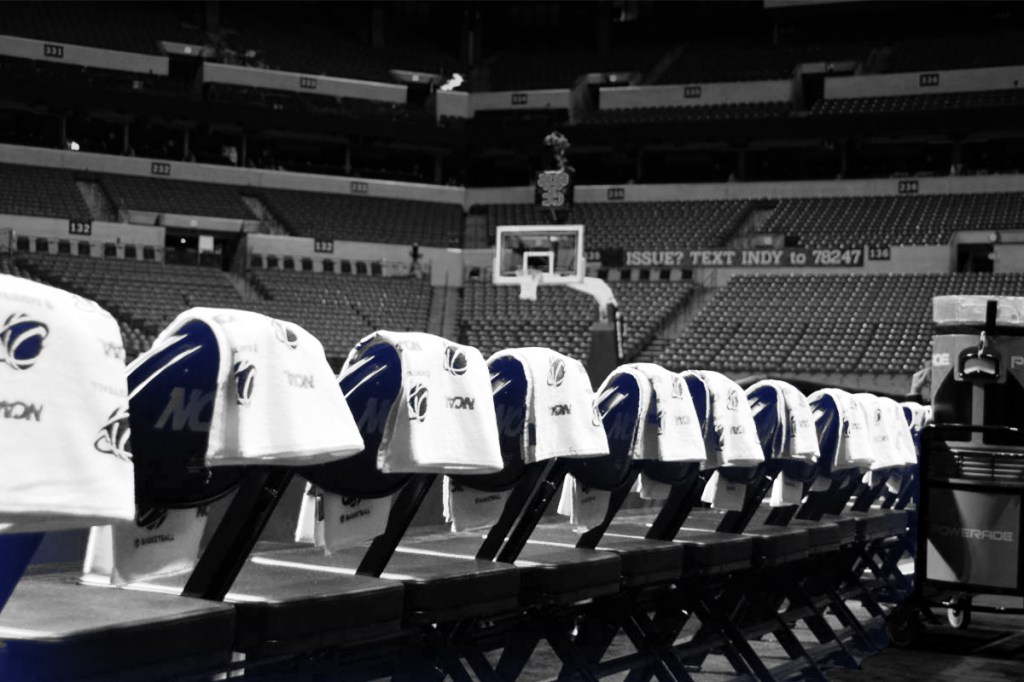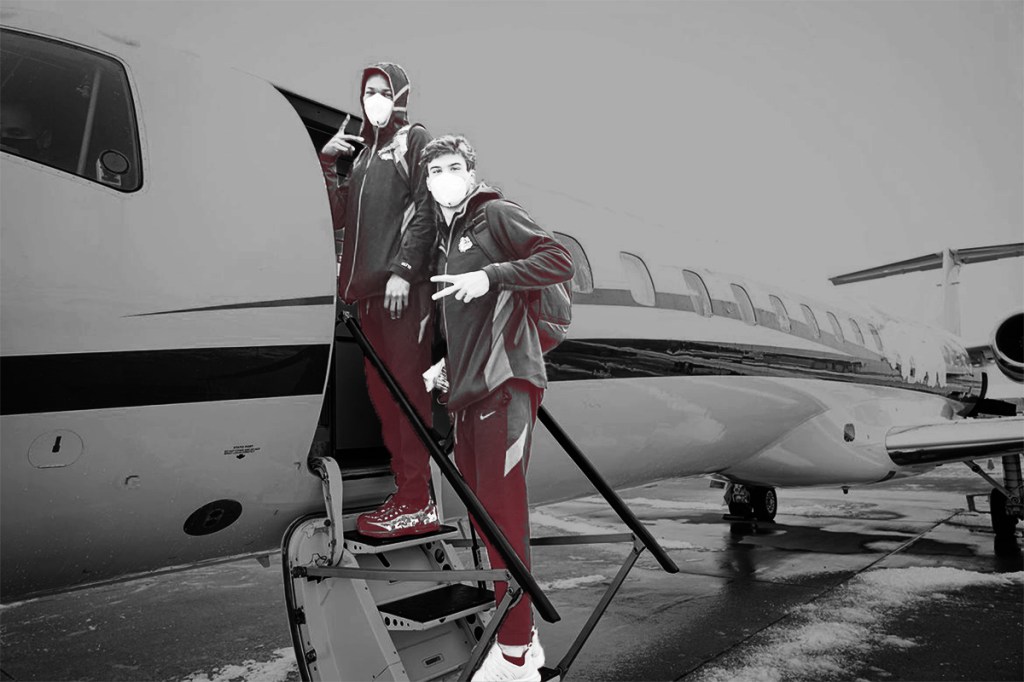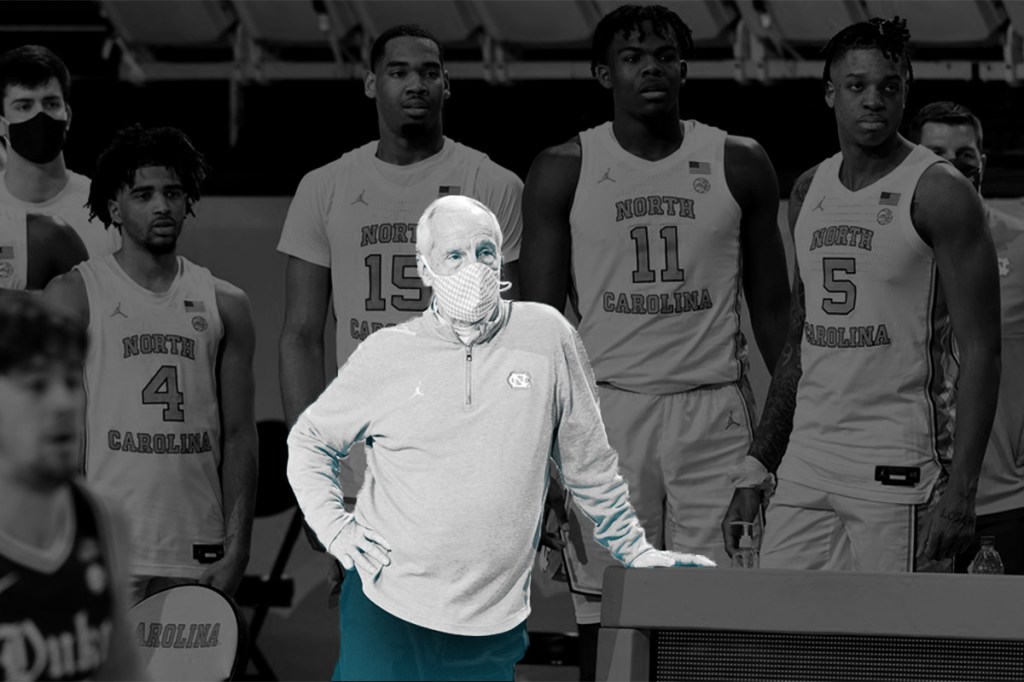Indianapolis will host 68 teams over 67 games. Five hotels and six arenas will accommodate thousands of traveling players, coaches, staff, and fans.
To understand how we got here, let’s go back to the Maui Invitational in November.
Other tournaments, like The Battle 4 Atlantis, played this year as the “Bad Boy Mowers Crossover Classic” in Sioux Falls, South Dakota, and the group of multi-team events at Bubbleville, all suffered cancelations. But the 2020 Maui Invitational in Asheville, North Carolina, proved that a COVID-free semi-bubble is possible.
“What they have to do for 68 teams, I only had to do for eight,” Tom Valdiserri, executive vice president of KemperLesnik and Maui Invitational tournament organizer, told FOS. “I think just the sheer detail and the communication to 68 schools is incredible.”
Add to that list a compressed time frame, and it’s easy to see how this March Madness might be the most complicated the NCAA has ever assembled.
Mobilizing a City
By late October, city officials had learned the NCAA was eying Indianapolis. Seven months removed from March 2020, the city had already been hosting events at its venues.
Poised for a pivot to basketball, organizers sprung into action, first rescheduling all other Indy events originally booked in the hotels, convention centers, and arenas during March Madness.
Then, they drafted “dozens” of safety protocols with local health authorities and the NCAA, Indiana Sports Corporation CEO Ryan Vaughn told FOS. Some guidelines were as specific as where athletes were allowed to sit during a team meal or bus ride.
They also mobilized hundreds of volunteers — though fewer than in previous years.
“You realize that decisions will come later, and they will be based on less information,” Vaughn said.
Final Preparations
As organizers hammer out the remaining details of March Madness, they’re hoping for a seamless transition from other tournaments. The Horizon League, Big Ten, and others have been playing tournaments in Indianapolis, but the majority of March Madness teams have yet to arrive.
The Marriott, for example, is bussing in extra housekeeping staff from Chicago to flip rooms, and bringing in extra cooking staff from “sister properties” to provide enough food, JW Marriott general manager Philip Ray told FOS.
“You know that feeling when you go to your car, and you’re like, ‘I know I’m forgetting something, and I don’t know what it is?’” Vaughn said. “It’s like that anxiety every morning.”





